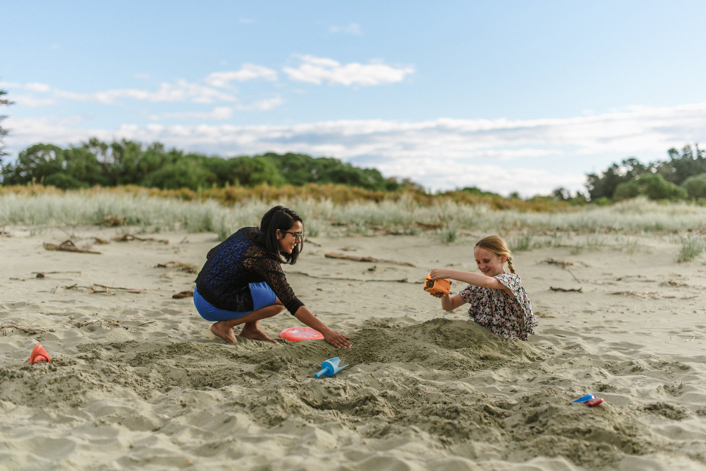
unlocking the power of compassionate and empathetic mentorship for children: 7 key tips
As mentors, we have the extraordinary opportunity to shape the lives of children and instill values that will carry them into adulthood. While knowledge and guidance are crucial, the true power of mentoring lies in fostering compassion and empathy within the young hearts and minds we touch. Cultivating these qualities can create a positive ripple effect, ultimately contributing to a more compassionate society. In this article, we will explore seven key tips to mentoring children with compassion and empathy, enabling them to blossom into caring, empathetic individuals.
Lead by example:
Children learn not only from what we say but also from what we do. Be a role model of compassion and empathy by treating others with kindness and respect. Let your actions speak volumes and show them the importance of embracing these qualities in their daily lives.Foster open communication:
Create a safe and non-judgmental environment where children feel comfortable expressing their thoughts, concerns, and emotions. Encourage them to ask questions and listen actively to their concerns. By engaging in open dialogue, you not only build trust but also provide a platform for empathy to grow.Teach perspective-taking:
Help children understand that everyone has a unique background, experiences, and challenges. Develop their ability to step into someone else’s shoes and understand different perspectives. Encourage them to consider how others might feel in specific situations—this cultivates empathy and broadens their horizons.Encourage kindness towards others:
Highlight the significance of small acts of kindness. Encourage children to recognize opportunities to help those around them, be it a classmate, a sibling, or a stranger. By fostering kindness, we show children that compassion is not just an abstract concept, but something tangible that can positively impact others.Nurture emotional intelligence:
Guiding children to understand their emotions and those of others is crucial to developing empathy. Encourage them to identify and express their feelings, as well as recognize emotions in others. By fostering emotional intelligence, we provide them with essential tools to empathize on a deeper level.Inspire community involvement:
Engage children in activities that allow them to give back to their community. Volunteer together at local charities or organize a community cleanup. These experiences promote empathy by exposing them to different social issues and realities, fostering a desire to make a positive difference.Encourage self-compassion:
Emphasize the importance of self-care and self-compassion. Help children understand that being compassionate towards oneself is equally as important as being compassionate towards others. Teach them the value of self-acceptance, forgiveness, and empathy towards their own mistakes and shortcomings.
Mentoring children with compassion and empathy is not only an investment in their personal growth but also in building a more compassionate society. By leading by example, fostering open communication, and nurturing qualities such as kindness and emotional intelligence, we can empower children to become empathetic individuals who make a positive impact in the world. Let us commit to mentoring the next generation with compassion, as our efforts hold the power to shape a brighter and more empathetic future.
